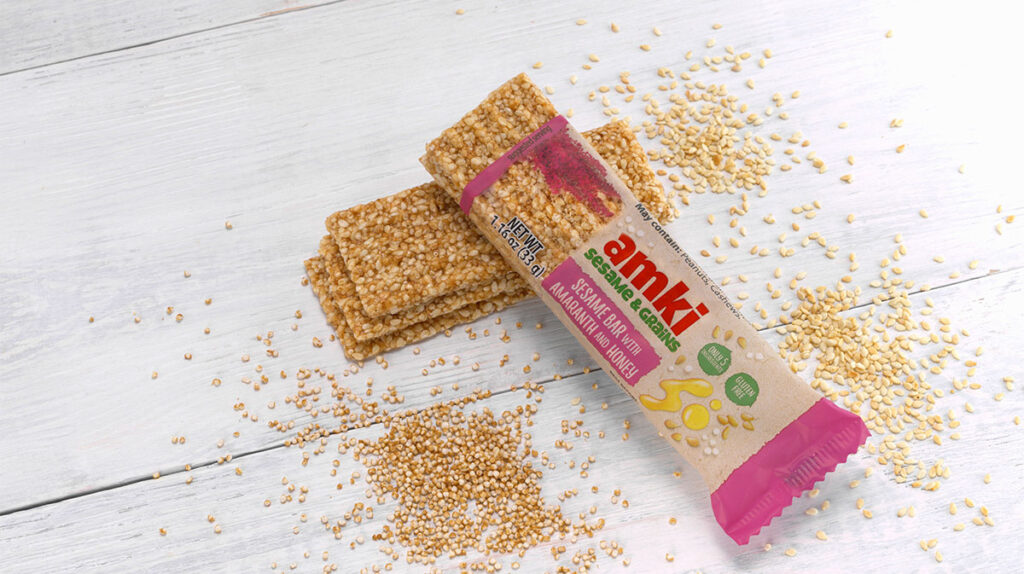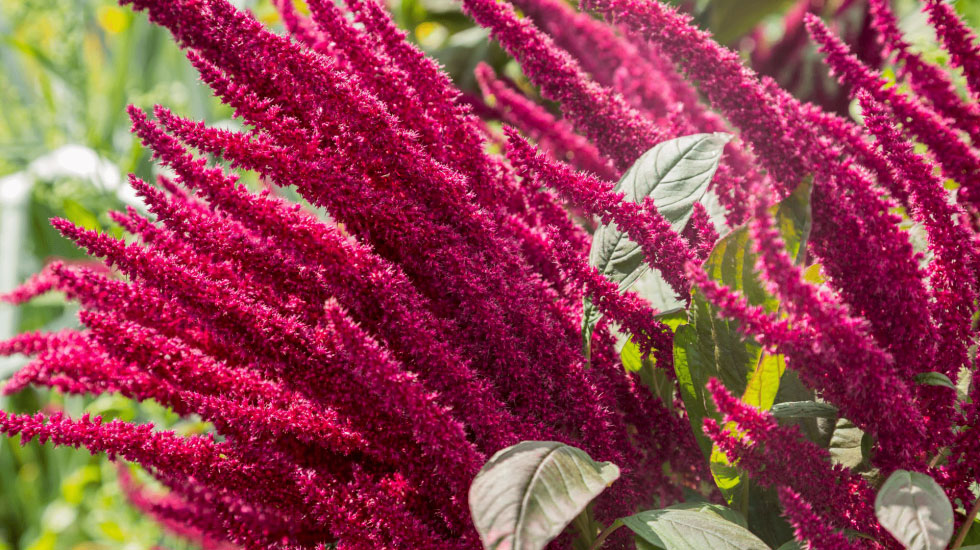It may be puzzling to some why amaranth, one of the oldest cultivated plants on the planet, has been referred to as “the grain of the 21st century”. This ancient grain has a long history of nourishing people – nearly 5,000 years! While it had been revered by the Aztec and Inca tribes for its high nutrition content and great taste, it was met with a slightly cooler reception in Europe. For a long time, you would see amaranth in European gardens rather than on European plates. Fortunately for us, the recent return to natural, whole foods has sparked a long overdue amaranth renaissance.
When it comes to nutritional quality, amaranth blows other traditional crops out of the water. Its high fiber, low calorie properties are thoroughly satiating, keeping us feeling fuller for longer thus supporting a healthy weight. Amaranth is an awesome antioxidant which helps to reduce inflammation and lowers cholesterol levels. Shockingly, this superfood has five times more iron than spinach which helps to strengthen bones and promotes hair growth.

Plus, amaranth is gluten-free and is much easier to digest than Popeye’s beloved muscle-enhancing spinach, making it an invaluable source of nourishment for pregnant women, athletes, and those experiencing anemia. Amaranth also contains fatty acids which protect our bodies against cardiovascular diseases, and is a great source of protein, magnesium and potassium.
Another one of the many advantages of cooking with and eating amaranth is its delicious taste, either sweet or dry it is equally appealing. Amaranth is a key ingredient in AMKI Sesame & Grains bars making it the perfect choice for a healthier snack, every day!


